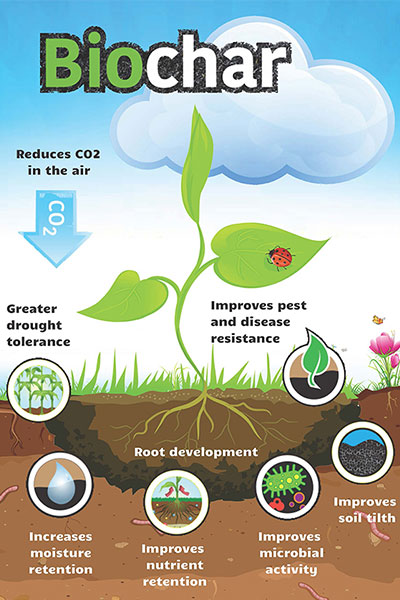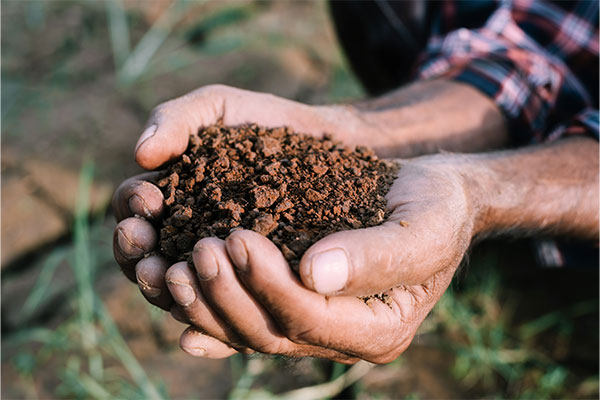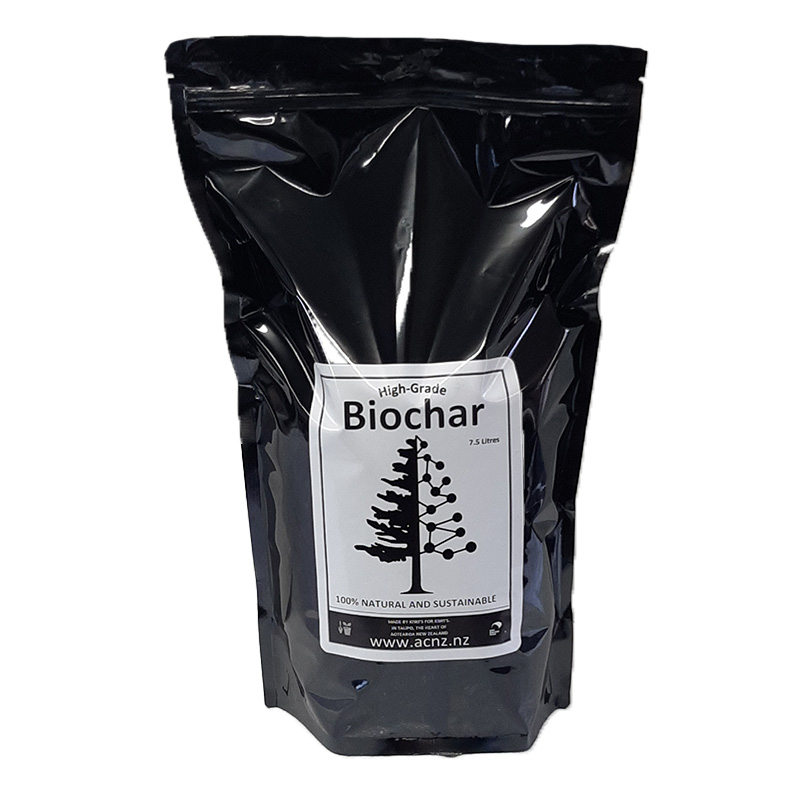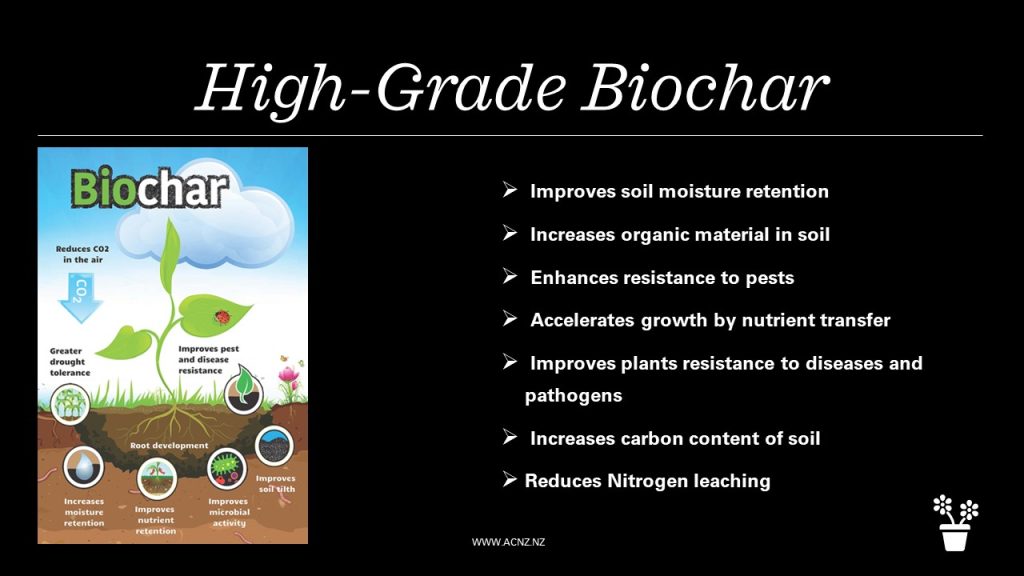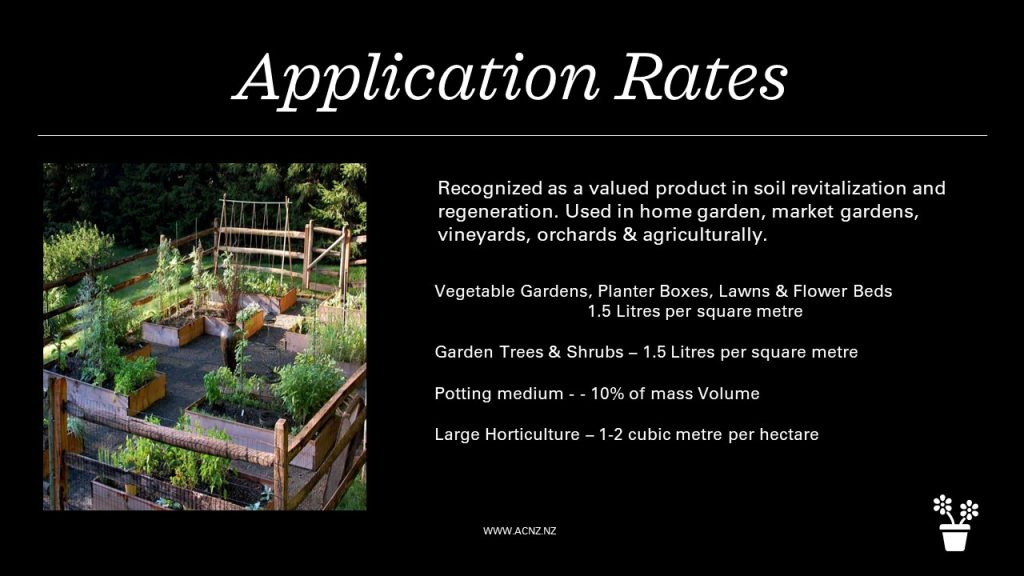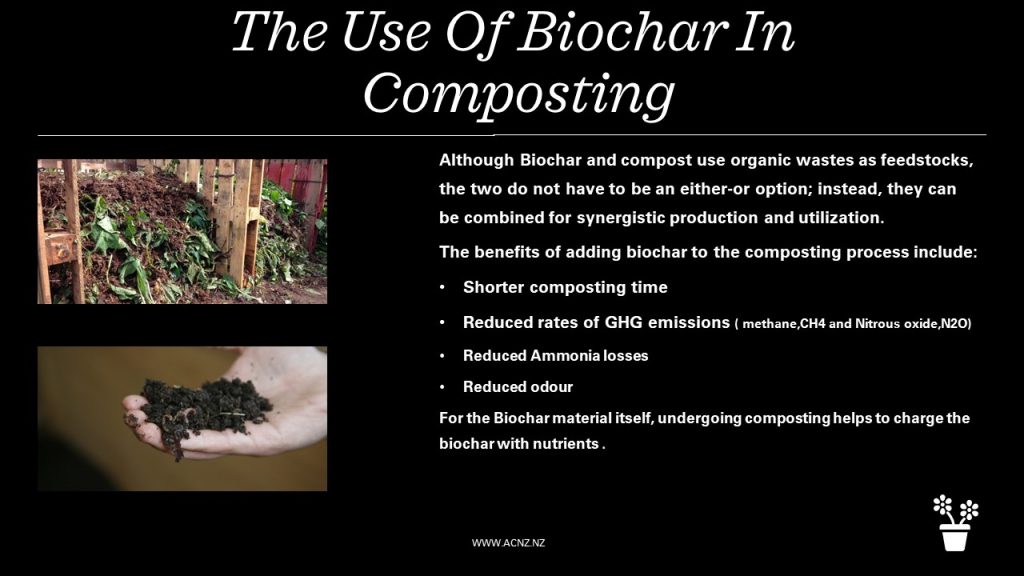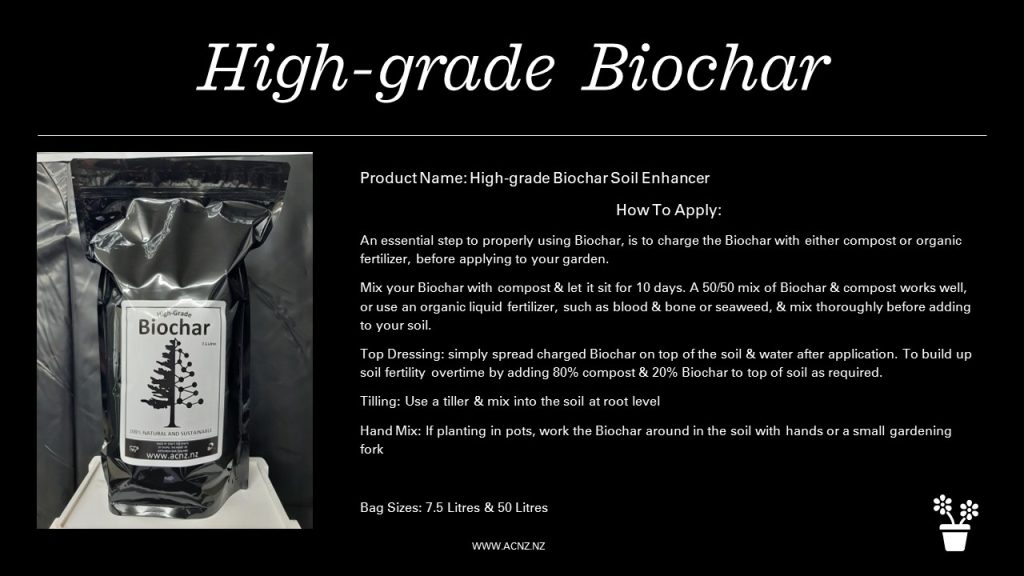
Application Rates
Recognized as a valued product in soil revitalization and regeneration. Used in home garden, market gardens, vineyards, orchards & agriculturally.
Vegetable Gardens, Planter Boxes, Lawns & Flower Beds: 1.5 Litres per square metre
Garden Trees & Shrubs: 1.5 Litres per square metre
Potting medium: -10% of mass Volume
Large Horticulture: 1-2 cubic metre per hectare


